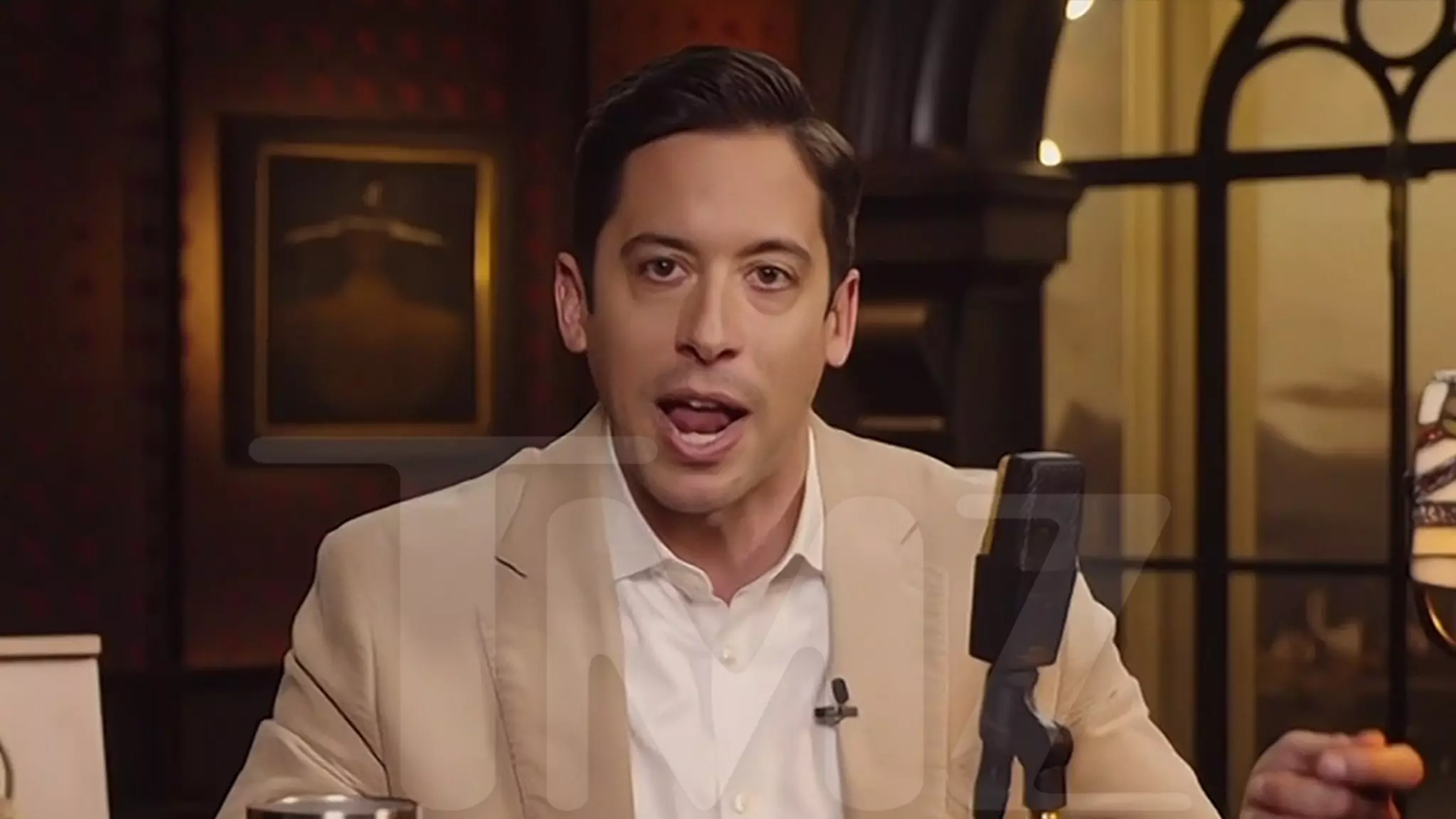The recent announcement that Qatar has gifted President Donald Trump a Boeing 747-8 jumbo jet has ignited conversations across the political spectrum. Conservative commentator Michael Knowles has downplayed the controversy, referring to the gift as a beneficial arrangement rather than a dubious bribe. He references the plane’s purported role as a necessary replacement for the aging Air Force One, suggesting that criticisms have been overstated. This situation raises important questions not just about the material value of the plane, but about the bigger implications of foreign gifts to political figures.
Historical Context: The Emoluments Clause and Its Relevance
The gift from Qatar is contentious particularly due to the Emoluments Clause of the United States Constitution, which prohibits public officials from accepting gifts from foreign entities without congressional approval. While Knowles takes a lighthearted approach, joking about paint jobs and the practicality of acquiring a new aircraft, one must consider the potential ramifications of circumventing established legal frameworks. Historically, similar situations have caused political upheavals, and the acceptability of such gifts must be evaluated against ethical standards broader than just legal compliance.
Financial Implications: More Than Meets the Eye
Knowles brushes aside the significant costs associated with retrofitting the jet to meet Air Force One standards, emphasizing that “free” is a good deal. However, many experts highlight that while the jet itself may be a gift, taxpayers will ultimately bear the financial brunt of the conversion and security upgrades — potentially amounting to millions of dollars. This perspective invites a deeper investigation into whether the immediate economic benefits justify the long-term costs involved in operating a foreign gift as a state asset.
Political Comparisons: The Hunter Biden Debate
An interesting twist in this debate involves comparisons drawn between the Trump gift and Hunter Biden’s business dealings abroad. Knowles invoked Biden’s name to suggest hypocrisy within the opposition, claiming that the standard for scrutiny isn’t consistently applied. However, critics argue that such analogies undermine the distinctive ethical obligations inherent to serving as a public official, particularly in relation to foreign influences. Deconstructing these comparisons is vital, as it reveals underlying biases that could distort public discourse.
Operational Readiness: Rethinking Air Force One’s Longevity
As discussions continue, it’s essential to assess the practical need for a new jet versus the capabilities of the existing Air Force One fleet. The jets currently in service are equipped with cutting-edge technology and are designed to protect the President in a variety of critical situations. Chief among the concerns is whether a new aircraft will genuinely enhance operational readiness or simply be a cosmetic change that satisfies political optics. This factor should weigh heavily against the backdrop of ongoing national security concerns.
While Knowles maintains a lighthearted stance on the Qatar gift, it beckons serious considerations about legalities, ethics, and the financial responsibilities involved. The layers of this debate extend beyond the immediate thrill of a luxurious jet, challenging us to engage thoughtfully with the implications of foreign gifts in politics.

